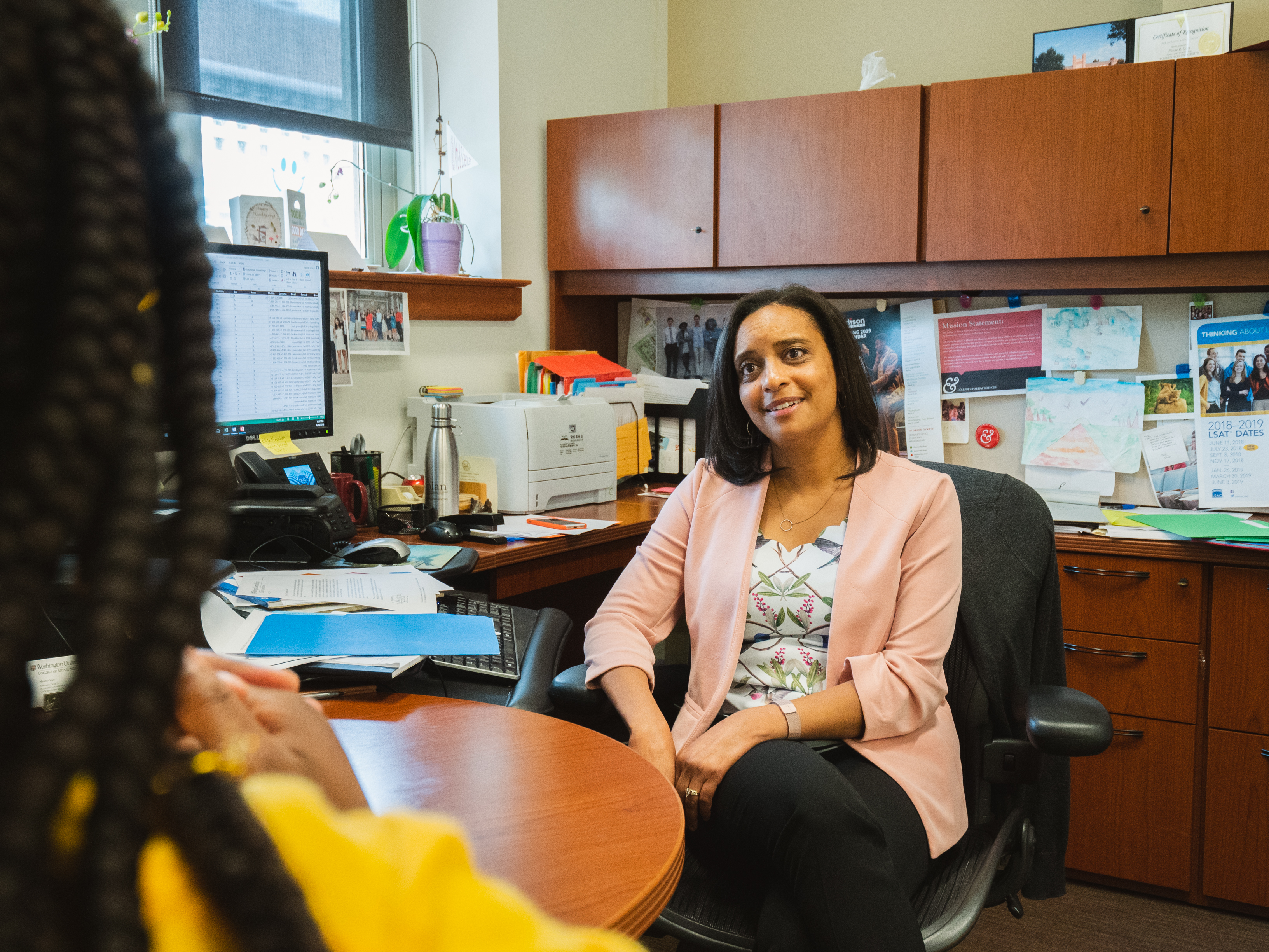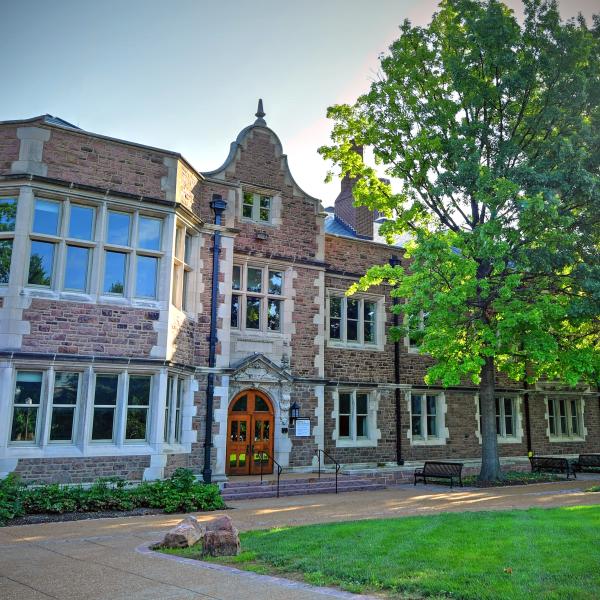Academic Concern
Academic Concern is an early alert to the student and their advisor(s) that additional support may be needed to maintain academic progress. Academic Concern status may be applied the first time a student meets one of the following criteria:
- Student received an unsatisfactory or failing grade (e.g., D, F, NCR) in a course
- Student earned a semester GPA or has a cumulative GPA between 2.0 and 2.5 at the end of the semester
- Student earned lower than a C- in College Writing
- Student had two or more grades of Incomplete for the semester, regardless of current completion status
- Student completed fewer than 12 units in the semester
Students who are assigned to Academic Concern status in one semester and fail to address the issue(s) that led to that status in a subsequent semester may be moved to Academic Notice or Academic Time Away status.
Academic Notice
Students experiencing more significant academic difficulties than those noted above in the Academic Concern section may be placed on Academic Notice. Students on Academic Notice are not in good academic standing. This status is applied when a student meets one of the following criteria for more than one semester or meets multiple criteria in one semester:
- Student received unsatisfactory or failing grades (e.g., D, F, NCR) in more than one course
- Student has two unresolved Incompletes
- Student earned a semester GPA or has a cumulative GPA below 2.0 at the end of the semester
- Student did not complete and/or earn the minimum required grade in a major-related course(s)
- While on Academic Concern, student received more than one unsatisfactory or failing grade (e.g., D, F, or NCR) or completed the most immediate semester with an Incomplete grade
- Student completed fewer than 12 units in the semester
- While on Academic Concern, student did not address the issue(s) that led to that status in the previous semester
If a student is placed on Academic Notice, they are expected to participate in an academic success program the following semester (e.g., Progress Counseling, student success course, mentoring). These measures are meant to assist students to return to good academic standing. The student must complete an academic agreement that articulates an improvement plan.
To be eligible to return to good academic standing, a student on Academic Notice must address the academic difficulties identified by the Committee on Academic Progress, including participation in support programs. Failure to participate in these support programs, or to attend class or complete work in a timely manner while on Academic Notice, may result in termination of enrollment at the end of the semester. Additionally, students who fail to address the issue(s) raised by the Committee at the end of the semester during which they are on Academic Notice may be moved to Academic Time Away status.
Academic Time Away
Academic Time Away is recommended for serious academic difficulty that jeopardizes a student’s ability to complete their degree in a timely manner. Students recommended for this status are required to take a one semester break from course work. This break allows the student time to address matters that have significantly impeded their academic progress. Academic Time Away may be applied when the student meets one of the following criteria:
- Student received unsatisfactory or failing grades (e.g., D, F, or NCR) and/or Incomplete grades (I) in the majority of their courses
- While on Academic Notice, student received more than two grades that fall into the following categories: unsatisfactory or failing grades (e.g., D, F, or NCR) or Incomplete grades
- After having been on Academic Notice, student did not meet the requirements to return to good academic standing
- Student has three or more unresolved Incomplete grades (see the Incomplete Grades section above)
- Student did not participate in measures provided by the College (e.g., Progress Counseling and/or the College Intensive Study Program) while on Academic Notice
Students may return to the College of Arts & Sciences from Academic Time Away only when they demonstrate, under the conditions set for each individual case, a capacity to work productively at the level required by the College.



